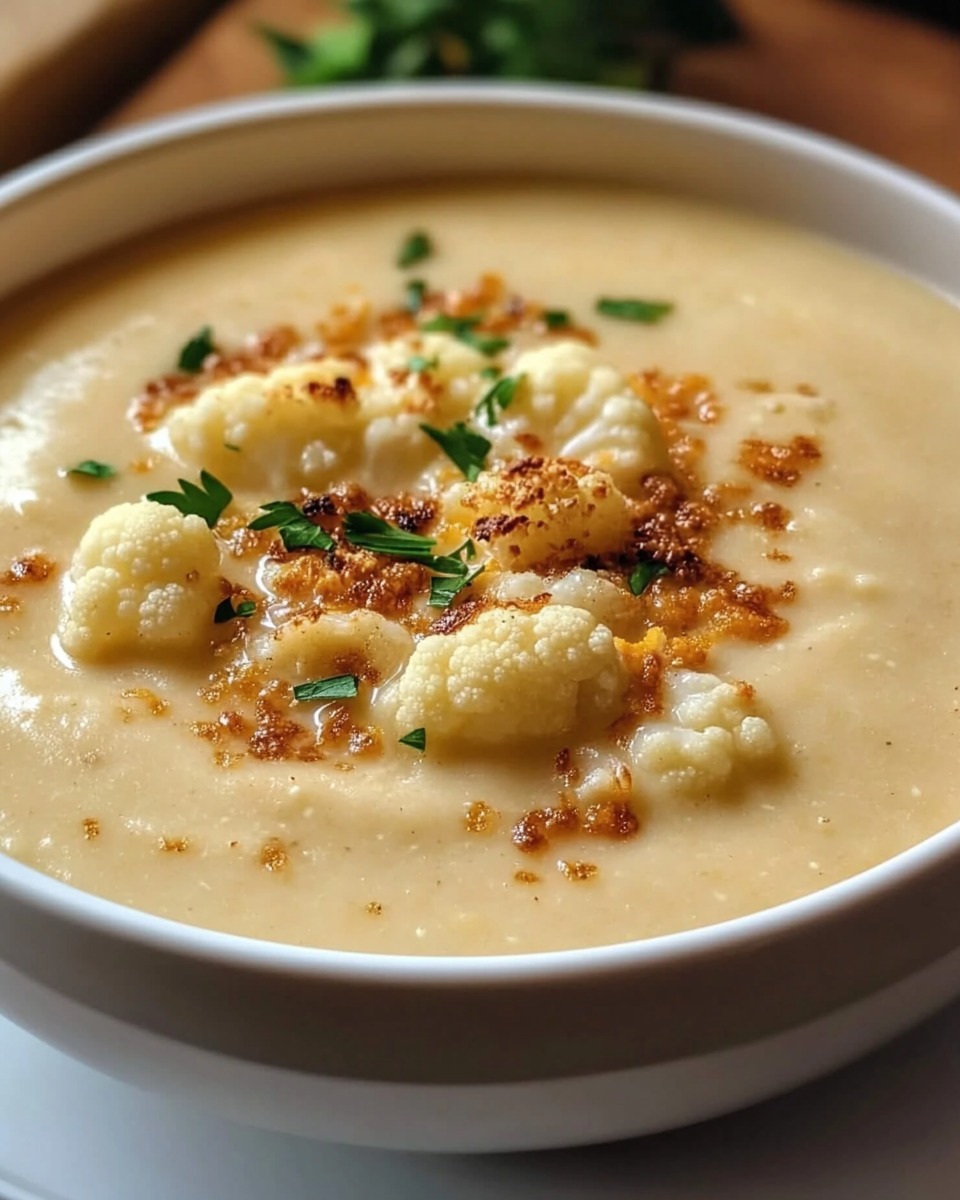Are you prepared to partake in a delectable piece of paradise? Visualize the sensation of biting into a succulent, tangy cake that effortlessly dissolves in your tongue with each mouthful. Prepare yourselves by putting on your aprons, as we are about to begin a gastronomic adventure that will delight your taste senses and fill your kitchen with a heavenly aroma!
An Overview of Lemon Cake
Lemon cake, known for its vivid citrus taste and tender texture, is a highly cherished traditional dessert in the realm of baking. Whether you are commemorating a significant event or just want a delectable indulgence, this recipe certain to provide contentment with each mouthful.
Collecting the necessary components
In order to begin our lemon-themed journey, the following items are necessary:
Three eggs
0.75 cups of sugar
1.5 tsp of vanilla extract 4 tbsp of sour cream
0.625 cups of vegetable oil
Lemon juice from 1⁄2 a lemon
2 cups of all-purpose flour
2 tablespoons of baking powder
Steps for preparation
Let us dissect the procedure into straightforward and easily understandable steps:
The Significance of Preheating
Prior to immersing into the mixing bowl, it is advisable to preheat your oven to a temperature of 180°C. This step guarantees that your oven is very hot, creating the perfect conditions for achieving the best baking outcomes.
The Enchantment of a Frothy Combination
Combine the eggs, sugar, and vanilla extract in a large bowl and vigorously whisk until the mixture becomes a pleasingly frothy consistency. This step is crucial in attaining the velvety and light consistency that makes lemon cake delicious.
Integrating the qualities of being fresh and having acidity
Incorporate the sour cream, vegetable oil, and freshly extracted lemon juice into the frothy mixture. These components not only provide a subtle freshness to the cake but also provide a pleasant acidity that helps to balance the sweetness.
Searching for Excellence
Methodically sprinkle the all-purpose flour and baking powder into the batter, being sure to eliminate any visible clumps. This careful and precise procedure ensures a consistent and even batter that bakes perfectly.
Applying butter to the pan
Prior to pouring the batter, it is essential to coat your baking pan with butter and flour. This essential but fundamental measure keeps the cake from adhering to the pan, guaranteeing effortless extraction after it has been cooked flawlessly.
Achieving Optimal Baking Results
Place the pan in the oven that has been prepared and let the cooking process to occur. Place in the oven and bake for about 40 minutes or until the cake has a golden brown color and is fully cooked. To determine whether the cake is fully cooked, stick a toothpick into the middle. whether the toothpick emerges without any residue, the cake is prepared to be shown.
Applying the final touches with powdered sugar.
After allowing the cake to cool for a few while, liberally sprinkle it with powdered sugar. This last embellishment adds a sophisticated element and an additional level of sugary flavor to your work.
Advantages of Incorporating Sour Cream
Sour cream serves as more than simply a zesty condiment for baked potatoes; it also functions as a covert advantage in the realm of baking. Incorporating sour cream into the lemon cake mixture improves its richness and wetness, resulting in a dessert that is both indulgent and wonderful.
The Role of Vegetable Oil in Moisture Retention
Although butter is often emphasized in baking, vegetable oil is essential for maintaining the moisture and tenderness of your lemon cake. The cake’s neutral taste enhances the prominence of the vibrant citrus notes, while its ability to retain moisture guarantees a cake that remains fresh for an extended period of time.
If you are faced with a difficult situation, take advantage of it by creating something positive, such as a delicious lemon cake. Adding the juice of half a lemon to your batter enhances the flavor of your cake by providing a sharp and acidic taste, boosting it from being ordinary to exceptional with its vibrant and refreshing zest.
All-Purpose Flour: The Multifunctional Ingredient
All-purpose flour, as its name implies, is a very adaptable essential ingredient in the pantry of any baker. This recipe achieves an ideal equilibrium between firmness and softness, resulting in a cake that is robust enough to maintain its form while yet being delicate enough to dissolve effortlessly on the palate.
Comprehending the Function of Baking Powder
Baking powder is an underappreciated champion when it comes to creating light and airy baked foods. Baking powder aids in the leavening process of your lemon cake by emitting carbon dioxide gas upon exposure to heat. This reaction leads to an elevated rise, resulting in a delectably light and airy texture that is very appealing.
In conclusion
To summarize, achieving expertise in making lemon cake is attainable. By combining a few basic components and using ingenuity, you may effortlessly create a dessert that captivates the senses and pleases the taste buds. Therefore, why delay? Engage in baking and indulge in a portion of delightful lemon-flavored pleasure today!
FAQs (Frequently Asked Questions)
1. Is it OK to use lemon extract for fresh lemon juice?
Absolutely, lemon extract may be used as a replacement for genuine lemon juice. Nevertheless, it is important to note that lemon extract has a higher concentration, so it is essential to modify the quantity appropriately in order to prevent the taste of your cake from being overwhelmed.
2. What is the recommended method for storing any remaining lemon cake?
In order to maintain the freshness of your lemon cake, it is advisable to store it in a hermetically sealed container at an ambient temperature for a maximum of three days. To extend the storage duration, you may also freeze individual slices by wrapping them in plastic wrap and aluminum foil.
3. Am I allowed to include other flavors into the lemon cake batter?
Certainly! Feel at liberty to explore with supplementary tastes such as poppy seeds, lemon zest, or even a dash of limoncello for an alcoholic variation. Exercise your creativity and personalize the recipe to your liking!
4. Is it permissible to substitute vegetable oil with a different kind of oil?
Indeed, it is possible to replace vegetable oil with other neutral-flavored oils such as canola or sunflower oil. Ensure that you use an oil that does not overshadow the subtle citrus taste of the cake.
5. Is it possible to modify this recipe to be gluten-free?
Indeed, it is rather feasible to render this lemon cake gluten-free by using a gluten-free all-purpose flour mix. Ensure that all of your items has a verified gluten-free designation to prevent any potential cross-contamination.




